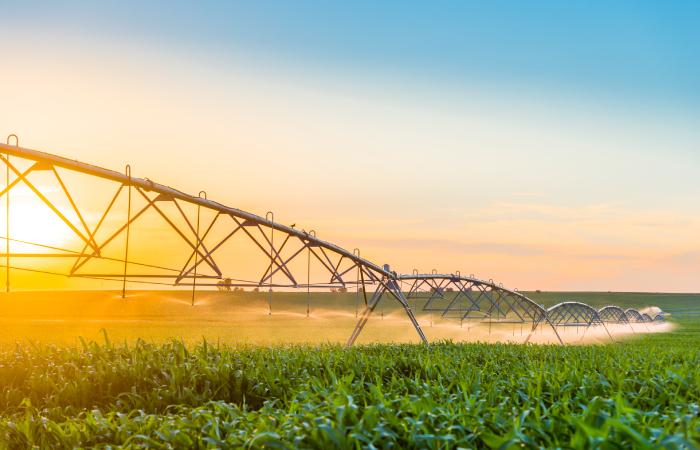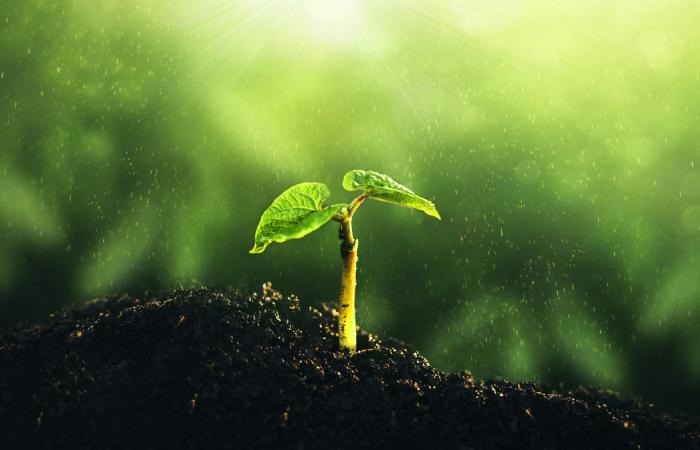Overview
Agriculture Sector in Global and Egyptian Growth
The agriculture sector is pivotal to global prosperity and stability, serving as a major contributor to GDP and employment, especially in developing nations and emerging economies. It supports food security by providing basic nutrition for a growing population and promotes food self-sufficiency, reducing dependence on imports. Agriculture drives rural development, offering livelihoods and fostering economic activities in rural areas, which in turn supports poverty reduction and enhances social stability. It generates significant export earnings, supplying raw materials to industries like textiles and food processing and earning foreign exchange through agricultural exports. The agriculture sector plays an important role in environmental stewardship, influencing land use, water resources, biodiversity, and climate change. Beyond its economic and environmental impact, agriculture holds cultural significance, shaping rural landscapes and heritage.
It acts as an innovation driver, spurring advancements in biotechnology and machinery, and creates a multiplier effect by generating jobs in related sectors such as food processing and transportation. Overall, agriculture is integral to sustainable development and societal well-being. In Egypt, agriculture contributes around 11% to the national GDP and employs about 25% of the population, primarily in the Nile Delta and Valley regions. Fertilizers are essential for cultivating key crops like cotton, rice, and various fruits, ensuring food security and generating significant export revenues while supporting rural development and poverty reduction. However, the sector faces challenges such as water scarcity and climate change, necessitating the adoption of speciality fertilizers practices and modernization to maintain productivity and social stability.


Agriculture Sector Challenges in MENA
The agriculture sector in the Middle East and North Africa (MENA) region faces challenges that are affected by Fertilizer use
Extreme water scarcity, with agriculture consuming 89% of the region's limited freshwater, exacerbates the difficulty of speciality Fertilizer application, as efficient irrigation is important for optimal nutrient uptake. Land constraints, including only 5% arable land and ongoing soil degradation from erosion and intensive farming, limit the effective use of fertilizers and reduce soil fertility over time. Climate change intensifies these issues by causing prolonged droughts and heat waves, which not only reduce crop growth but also complicate fertilizer management practices. Inefficient agricultural practices, such as the overreliance on traditional,
irrigation and excessive fertilizer use, lead to environmental degradation, including water pollution and increased pest problems. Economic and structural issues, like small farm sizes and limited access to modern technologies, prevent the adoption of fertilizer practices. Political instability and conflicts disrupt supply chains and access to quality fertilizers, undermining food security and increasing dependence on imports. Addressing these challenges requires integrated strategies that promote fertilizer use, improve water management, and enhance agricultural resilience in the face of environmental and socio-political pressures.
Overview | Presenting Evergrow
How does Everygrow Contributes to the Agriculture Sector?
Evergrow pioneers sustainable agriculture solutions through speciality fertilizers products that combat soil salinity and enhance crop productivity. Product portfolio of speciality fertilizers, bio fertilizers, acids, chemicals and animal nutrition products, including Potassium Sulfate, which they are proud to be the Middle East’s largest producer and the third-largest globally.
supports both egyptian and global farmers in optimizing yields while promoting environmental stewardship. Besides, their zero-waste industrial complexes and the company's research-driven approach strengthen food security and agricultural sustainability worldwide.